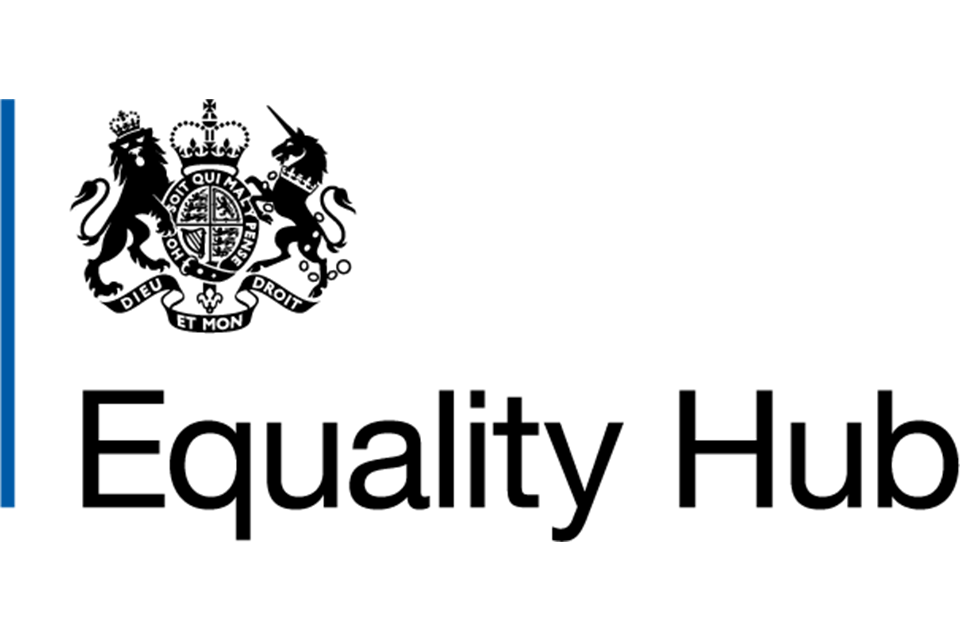- Minister for Women and Equalities launches call for examples of organisations issuing incorrect guidance on single-sex spaces
- Confusion about the law is leading to some organisations suggesting that people have a legal right to access single-sex spaces according to their self-identified gender
- Minister for Women and Equalities, Kemi Badenoch MP, says: “Single-sex spaces are essential for ensuring privacy and dignity for women.”
It is vital that organisations follow the correct guidance to ensure they are operating within the law, but it is clear there is currently confusion.
Where certain conditions are met, businesses and other organisations can legally provide single and separate-sex services such as toilets, changing rooms, and female-only fitness classes, which exclude transgender people of the opposite biological sex who do not have a Gender Recognition Certificate (GRC). Where it is justified, they are also able to exclude transgender people with GRCs.
In some cases organisations believe they are required to allow self-identifying transgender people to access these services. Now, as part of raising awareness and to understand how well single-sex spaces are maintained, Kemi Badenoch is calling on the public to submit their examples to the Government.
Minister for Women and Equalities, Kemi Badenoch MP said:
“Single-sex spaces are essential for ensuring privacy and dignity for women. I do recognise, however, that the law in this area is complex, and I know that some organisations are confused and afraid of backlash if they are seen to get it wrong.
“So I am asking people to submit real-world examples of organisations using incorrect guidance, so that our policymaking continues to tackle any confusion and we ensure single-sex spaces are maintained.”
The call for input builds on previous Government action in this area, including:
- yesterday’s NHS announcement that proposes patients be empowered to request that intimate care is carried out by someone of the same biological sex and reinforcing the NHS’s commitment to providing single-sex wards, including the legitimate and proportionate basis for providing separate accommodation for transgender patients in accordance with the Equality Act 2010
- proposals to ensure every new building in England is required to provide separate male and female facilities
- guidance for schools to remove any confusion about the protections that must be in place for biological sex and single-sex spaces
The Gender Recognition Act 2004 enables people who have a diagnosis of gender dysphoria and who have lived in their acquired gender for at least two years to apply for a Gender Recognition Certificate, which changes their sex for most legal purposes. The legal sex of transgender people without a Gender Recognition Certificate remains their biological sex.
The Equality Act 2010 allows service providers to operate single-sex and separate-sex services and spaces – such as toilets, domestic abuse refuges, changing rooms – where they have a good reason to do so.
Officials will consider all submissions and will provide analysis to the Minister for Women and Equalities to decide upon appropriate next steps.
Notes:
- This call for input covers Great Britain, and will run for 8 weeks starting on 1 May 2024.
- Members of the public and organisations should submit to https://www.gov.uk/government/publications/call-for-input-incorrect-guidance-on-single-sex-spaces-and-gender-self-identification
- They can also speak to the Equality Advisory and Support Service (https://www.equalityadvisoryservice.com/) on issues relating to equality and human rights, or Acas (https://www.acas.org.uk/) on employment-related issues.
- All submissions will be handled in accordance with relevant information law, including the UK GDPR.








